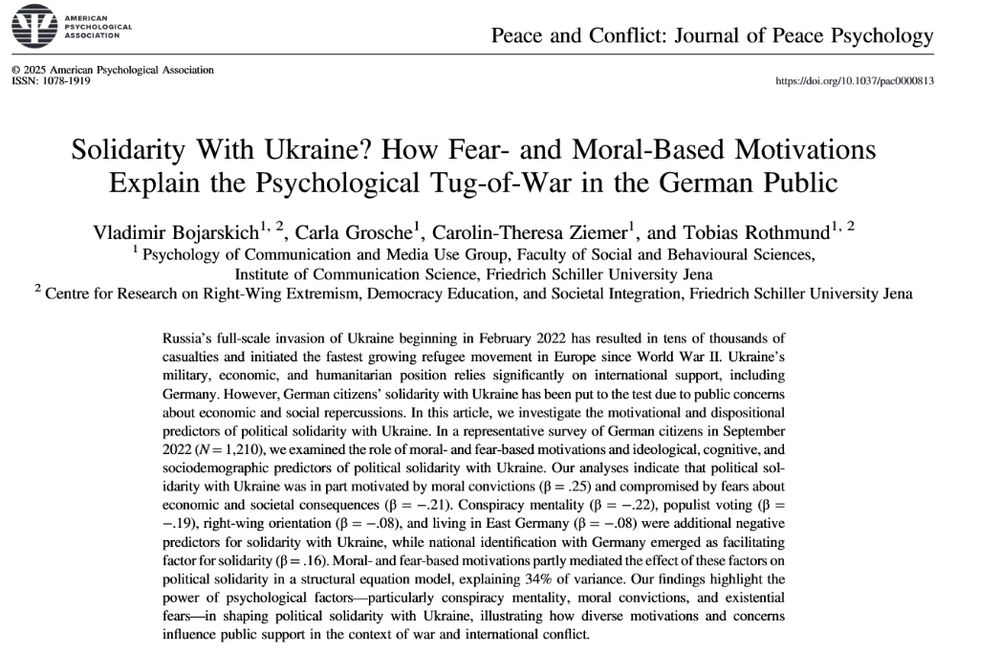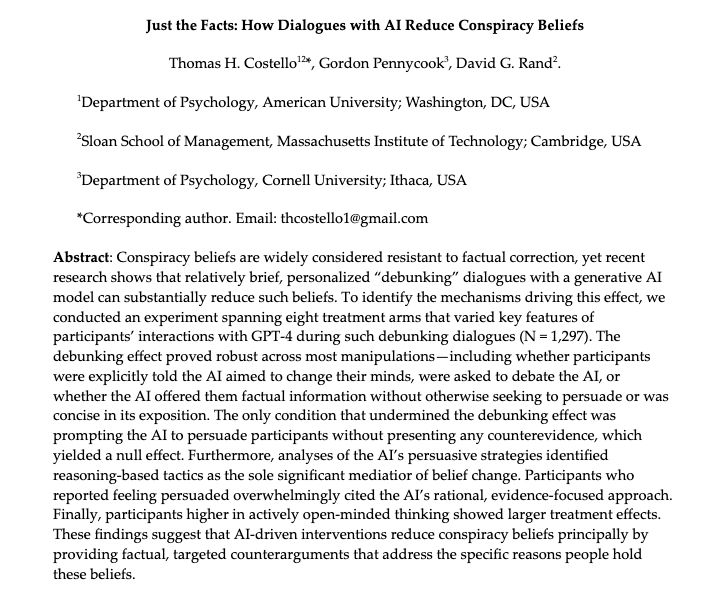Vladimir Bojarskich
@vbojarskich.bsky.social
360 followers
180 following
18 posts
PhD candidate - Political & Social Psychology at Uni Jena & KomRex
| online hatred | morality & politics | climate change
Posts
Media
Videos
Starter Packs
Reposted by Vladimir Bojarskich
Reposted by Vladimir Bojarskich
Reposted by Vladimir Bojarskich
Reposted by Vladimir Bojarskich
Roderik Rekker
@roderikrekker.bsky.social
· Apr 30

Postdoc Position in Political Psychology: Polarisation, Misperceptions, and the Politicisation of Science (two) | Radboud University
Do you want to work as a Postdoc Position in Political Psychology: Polarisation, Misperceptions, and the Politicisation of Science (two) at the Nijmegen School of Management? Check our vacancy!
www.ru.nl
Reposted by Vladimir Bojarskich
Reposted by Vladimir Bojarskich
Reposted by Vladimir Bojarskich
Reposted by Vladimir Bojarskich
Reposted by Vladimir Bojarskich
Reposted by Vladimir Bojarskich
Nour Kteily
@nourkteily.bsky.social
· Jan 26
Ideology: Psychological Similarities and Differences Across the Ideological Spectrum Reexamined | Annual Reviews
A key debate in the psychology of ideology is whether leftists and rightists are psychologically similar or different. A long-standing view holds that left-wing and right-wing people are meaningfully ...
www.annualreviews.org














